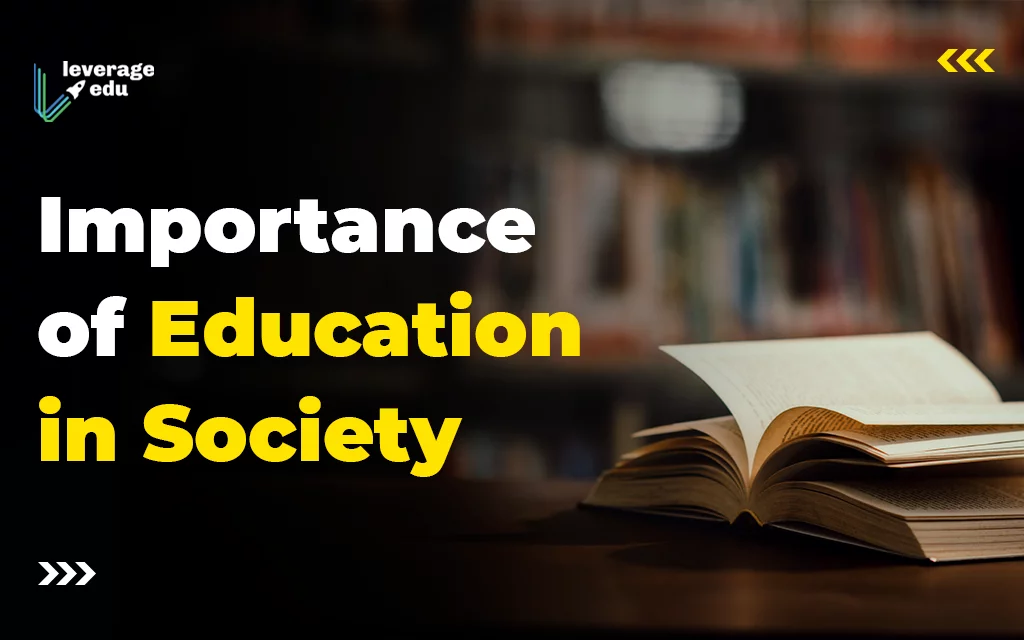Describe the Divisions of Knowledge.
The Divisions of Knowledge.
There are three types of knowledge on the basis of source or manner in which it is obtained. It can be explained as follows:
Priori Knowledge.
‘Priori‘ means before. It is the knowledge which can be proved to be true or false before any experience as such. In other words, proof of such knowledge does not require the person seeking it to go through its, practical experience. Truth of such knowledge can be proved by making use of reason. Examples of priori truths are logical and mathematical truths. Priori knowledge applies to analytical propositions. Priori knowledge is considered to be superior to all other forms of knowledge as they do not call for any empirical evidence.
The truth of an analytical proposition can be verified simply by the meaning of the sentence by logic and reason and simply does not demand any verification in any way. Example, if x is equal to y, y is equal to z, x is equal to z.
Posteriori Knowledge.
This knowledge is based on empirical evidence. This knowledge is also known as knowledge gained by scientific method. The propositions that fall under this category are such that their falsity and truth can be proved by observations and exact description. For example, metals are ductile. Every action has an equal and opposite reaction. Such knowledge is applicable to synthetic propositions. Synthetic propositions are the ones whose truth can be proved by empirical evidence.
Difference between Analytical Proposition and Synthetic Proposition
Analytical Proposition: These are the propositions whose truth can be determined simply by analyzing its dictionary meaning and its negative is self contradictory. It applies to mathematical knowledge. Example: Girls are not boys.
Synthetic Proposition: These are the propositions whose truth can be determined by observations and empirical evidence. It applies to scientific knowledge. Example: When something is thrown up in the air, it comes down on the earth.
Experienced Knowledge.
This is that type of knowledge which cannot be gained or whose truth or falsity cannot be proved unless and until it is experienced. It must be experienced to be of some help. For example, what is motherhood cannot be understood without being a mother.





